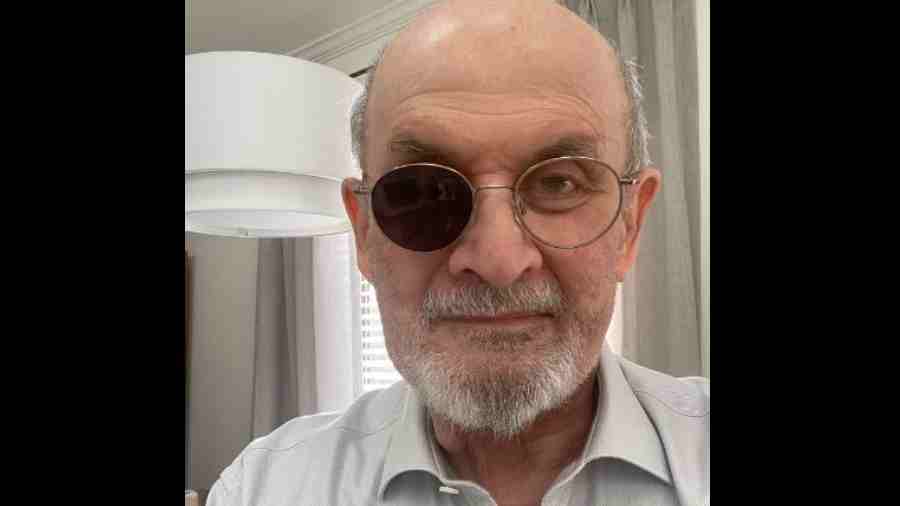Life can be stranger than fiction. Salman Rushdie’s latest novel ended with the triumphant understanding that words are the only victors; that set the seal of defeat on the violent attack on the author which nearly took his life. This was the second assault on him: earlier, the fatwa against him for his authorship of The Satanic Verses had forced him to live under heavy protection for years. The sequence of events is somehow symbolic, and that includes Mr Rushdie’s resilience and the support of his peers. Events in Mr Rushdie’s life as his work and beliefs have made him into an icon representing not just freedom of expression but also the power of storytelling and myth-making. For writers through the ages, this power can imbue societies with a sense of continuity with history and create vital connections with the present. Although the victory of words celebrated by these artists may have nothing to do with the philosophical ramifications of a gospel’s statement that in the beginning there was the Word, the belief in language as the root of civilisation is shared by all of them.
In the short run, however, words as victors may become a double-edged sword. Plato was not alone in considering poets dangerous to his ideal republic, although his reasons were not the same as those of rulers who either exile writers or force them to flee. Oppression cannot bear the power of words. Events in India today demonstrate that just expressing dissent against the ruling authorities or their policies can lead to arrest. But there is a perverse twist to the double edge too. The power of language can be used for persuasion and incitement, as Shakespeare’s Mark Antony, for example, skilfully manipulated the passions of the people to corner his political opponents. History would have seen little violence between neighbours in the same country without the persuasive power of some — a tragedy with which India is painfully familiar. But the words of incitement and hate are never victors in the long run. Mr Rushdie and his peers find in words the vehicles of myth and history, of understanding and knowledge, of dreams and the means of creation. Their victory lies in the free expression of thought, speculation and imagination. One writer may have gone a little over the top by claiming that poets are the unacknowledged legislators of the world — clearly his world was not post-capitalist — but the belief that words create structures out of nothing persists through radically different approaches. An enquirer may strip away layers to find nothing in the heart of a word-built edifice or a poet produce a pleasure dome in the air with words after a dream vision. The victory of words that build and remember, teach and hold together, aspire and endure is not easy though. The fight for freedom of expression that Mr Rushdie and many of his peers represent never slackens.










